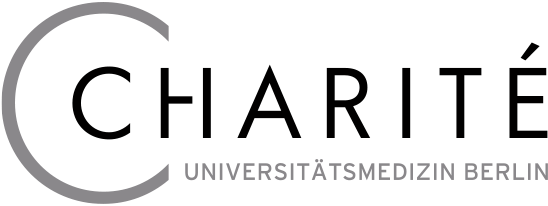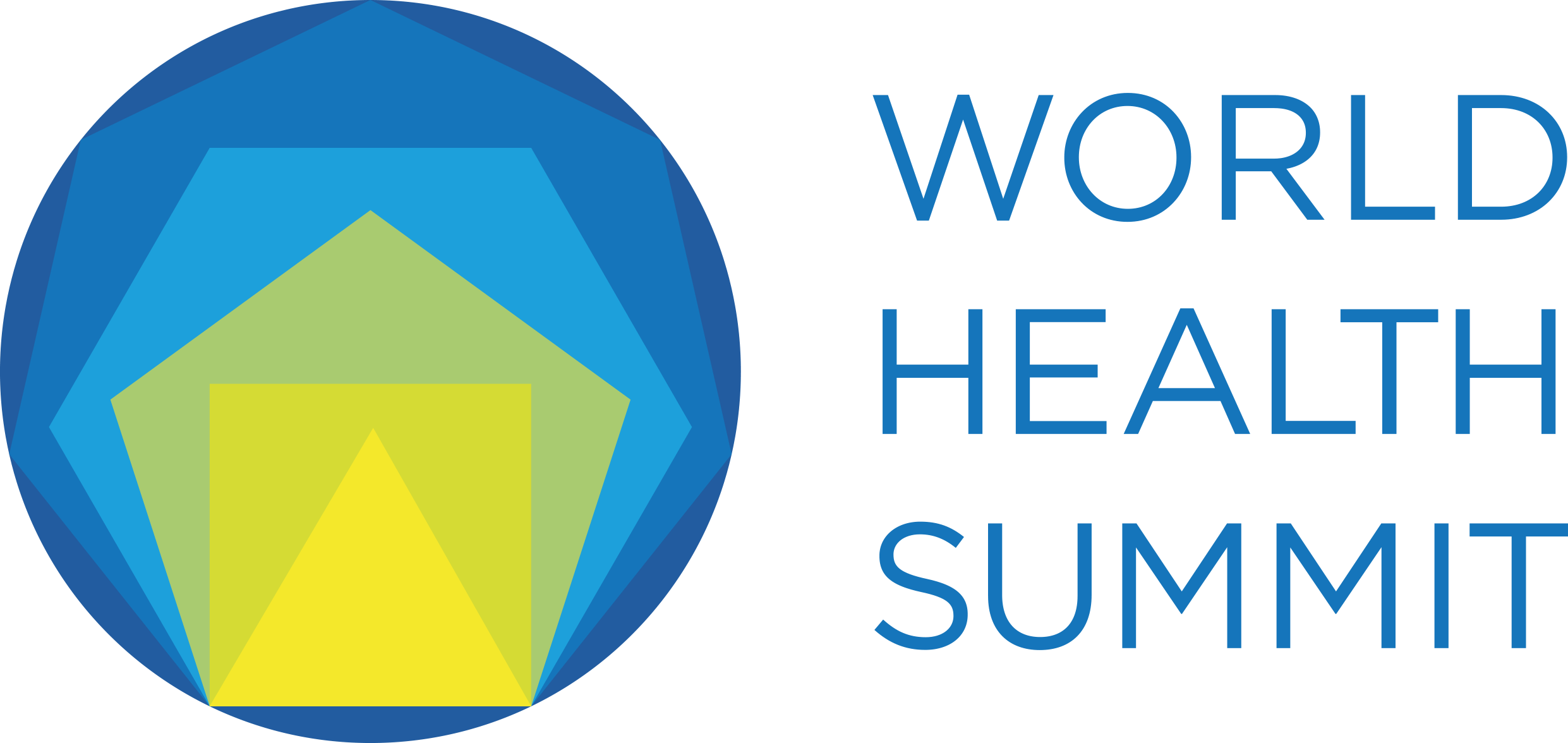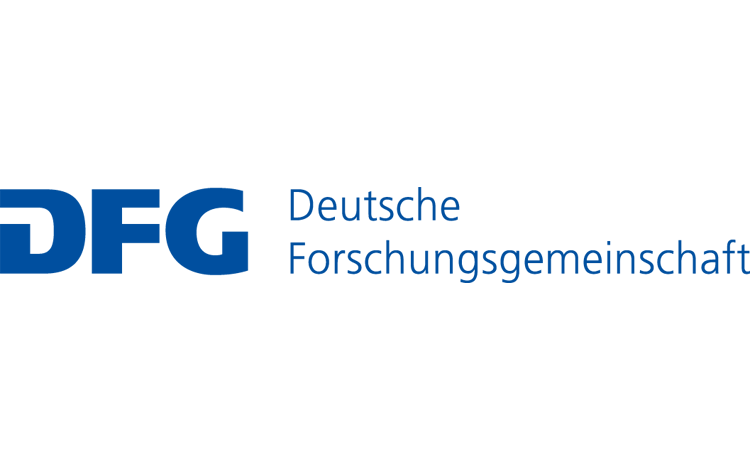How Microbiomedical Research is Changing Medicine
As we interact with our external environment, so do we with our internal environment. All mucosal surfaces, including intestines, mouth, airways and urogenital tract, host complex microbial ecosystems. These microbiomes differ between but persist within individuals, establish early in life, and play crucial roles in processing nutrients, protecting from pathogens and priming the development of the immune system. Shared evolutionary history taught us to influence our microbiota, and our microbiota to influence us, including through immune and metabolite signaling.
Diet, stress, antibiotic exposure, infection and other factors all can perturb the microbiota from a helpful eubiotic to harmful dysbiotic state. Dysbiosis contributes to complex diseases of the host, including metabolic, renal, cardiovascular, inflammatory, autoimmune, neurological and psychiatric states, also along a "gut-brain axis". Significant comorbidity between different progressive diseases, especially with immune components and/or dietary risk factors, involve shared pathways impacted by the microbiota. Microbiomes act as asymptomatic reservoirs for opportunistic or antibiotic-resistant pathogens, causing symptomatic infectious disease when the right conditions (e.g. immunosuppression or antibiotic exposure) are met.
Thus, microbiome analysis offers tools for disease diagnosis and prognosis, personalizing nutrition and drug treatment, epidemiological monitoring, and risk assessment. Additionally, emerging therapeutics inspired by ancient practices draw on microbiota through prebiotic, probiotic and microbiome transplant techniques. As diet and lifestyle shift, "Western" diseases are quickly becoming global, threatening an enormous loss of healthy lifetime. This calls for better understanding of the microbiota and translating this understanding into healthcare and lifestyle advances in East and West, North and South alike.
Venue
MDC Berlin-Mitte (BIMSB)
Hannoversche Str. 28
10115 Berlin
Deutschland
Zeit
Catering
Registration is free
Program
Morning session
Welcome: Sofia Forslund
Chair: Nicola Wilck
10.00 - 10.45
Peer Bork, EMBL
“The human gut microbiome in health and disease”
10.50-11.35
Eran Elinav, Weizmann Insitute of Science
“Probiotics and the mucosal microbiota” (preliminary)
11.40-12.25
Stanley Hazen, Cleveland Clinic
“Gut microbes and cardiometabolic disease”
12.25-13.30: Break
13.30-14.25
Maayan Levy, University of Pennsylvania
“Identifying new players at the host-microbiome interface”
14.20-15.10
Stephan Rosshart, UMC Freiburg
Born to be wild, the common link among mammals”
15.15-16.00
Julie Segré, NIH
“Human Skin Microbiome: bacteria, fungi, viruses”
Registration is free
Organisator*innen
The event is hosted by:
- Experimental and Clinical Research Center (ECRC)
- Max Delbrück Center for Molecular Medicine in the Helmholtz Association (MDC)
The event is supported by:







